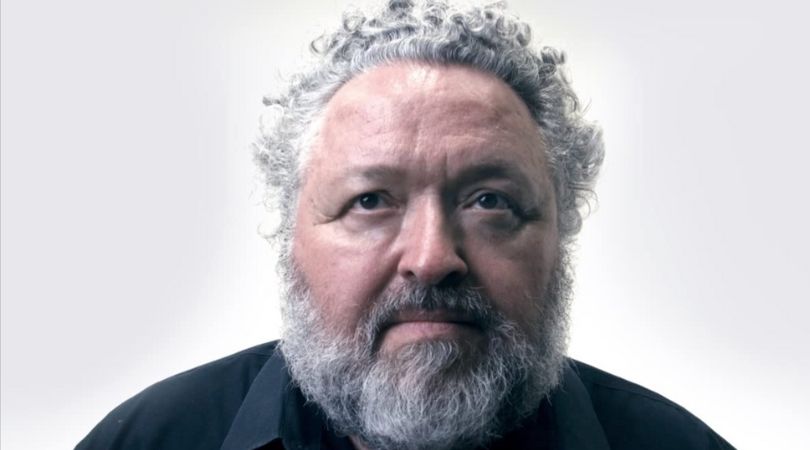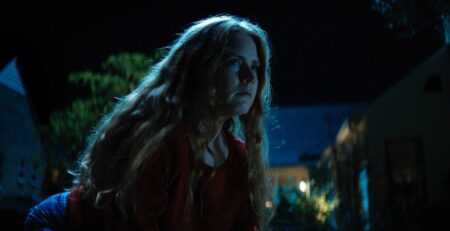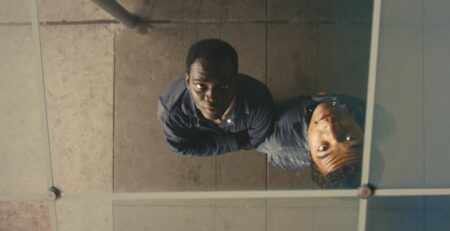
Mau is a documentary directed by Benji and Jono Bergmann about the life, philosophy, and future of world-renowned designer Bruce Mau. From humble beginnings to a highly acclaimed book S, M, L, XL, to world fame, Mau’s entire life centers around his perception of the universe as one grand design and our abilities as humans to tap into that.
For a viewer coming from outside of the world of design, Mau paints its subject as the end-all-be-all of design who single-handedly revolutionized the industry. And to a lot of designers, as illustrated through the many interviews within the film, this is inexorably true. Design was an industry with rigid fields and an almost standardized way of approaching it professionally. When Mau entered the scene, he seemingly helped upend this paradigm by simply daring to think outside of boxes and approaching design as a fully-lived experience.
In particular, Mau is depicted as having brought about the centering of the notion of perpetuity into design. One of his most central focuses is ensuring that his designs are made to last. In one of his most prominent examples, Mau was hired to redesign the city of Mecca. But rather than designing it to meet the needs of today in a largely automobile-centric society, he demanded that the designs consider what Mecca will need to look like for the next 1000 years. He is also responsible for overhauling Coca-Cola’s entire brand at one point, introducing, essentially, sustainability into their lexicon and arsenal of branding tools.
This anecdote is where I especially struggled with the movie. Mau elaborates on his consciousness around working with Coca-Cola, knowing that they’re single-handedly a monumental producer of greenhouse gasses and contributors to climate change. But it feels like he’s talking himself into a place where he feels personally placated as he explains the bare minimum work to actually act upon building a sustainable future and not merely greenwash their marketing. Coke is still a monumental contributor to climate change, as are all of its counterparts that took up the name of “sustainability” at his behest. It felt far more like a badge of complacency than the honor the movie makes it out to be. Having interviewed other folks in Mau’s orbit or just in the climate movement in general to discuss this redesign’s actual impact would have made for a more compelling view.
And that’s kind of the rub with the whole film. It feels, ultimately, like a giant advertisement for Mau’s design firm and his current project, Massive Action. I’ve asked young designers. They don’t even know who Bruce Mau is. The film’s focal perspective, Mau’s, is understandably biased. I believe he’s completely genuine in his intentions and I’m sure that some of his work has been truly revolutionary in several ways. But without any examination of his impact beyond the words of himself and his closest confidants, it’s hard to be gripped by his story when its implications are so much more monumental than the subject himself. Which is kind of Mau’s whole point anyway. He doesn’t see his work as being about him, yet, by focusing so heavily on his own words, it dampened my impression.
Mau is an interesting documentary in so far as it explores how Bruce Mau went from where he began in life to where he is now. And it’s an interesting documentary in so far as it demonstrates a singular perspective on the history and future of design. It’s a tad inspiring in its own right, and it certainly rouses interest in understanding more about Mau’s impact on the world as we know it today, just perhaps not in the way that the filmmakers intended.
Mau is available on video on demand on June 7th.
Mau
-
Rating - 6.5/106.5/10
TL;DR
Mau is an interesting documentary in so far as it explores how Bruce Mau went from where he began in life to where he is now. And it’s an interesting documentary in so far as it demonstrates a singular perspective on the history and future of design. It’s a tad inspiring in its own right, and it certainly rouses interest in understanding more about Mau’s impact on the world as we know it today, just perhaps not in the way that the filmmakers intended.




